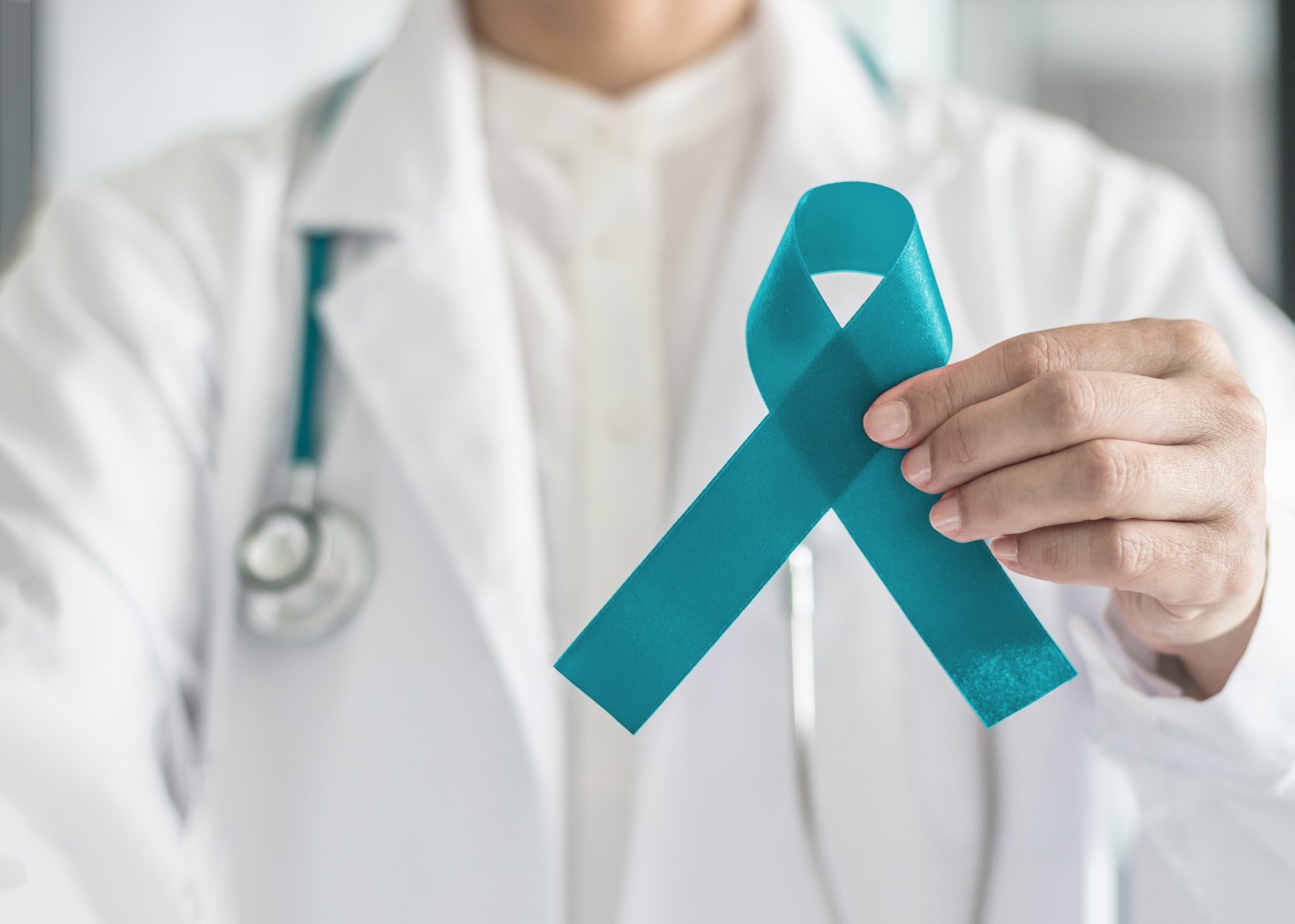Ovarian cancer affects many women. One product has made headlines for allegedly causing it — baby powder. So does baby powder put people at risk? You can learn more about the possible risks of using baby powder with a search online.
Ovarian cancer affects one in 75 people with ovaries and is in the top five deadliest cancers for cis women. While there are various reasons why someone may develop ovarian cancer, many people wonder about baby powder.
How Baby Powder Is Related to Ovarian Cancer
A potential link between baby powder and ovarian cancer recently made huge headlines. In June 2020, Johnson & Johnson and a subsidiary were ordered to pay $2.1 billion in damages to women who claimed their cancer was caused by the company’s talcum products.
The company received thousands of lawsuits alleging its talcum products were contaminated with asbestos, which is a cancer-causing mineral. One of the mentioned products was Johnson & Johnson’s popular baby powder. As a result of the court case, the company no longer sells baby powder made from talc in North America, but it does continue marketing it elsewhere. Women who were part of the lawsuit say they weren’t warned of the potential risk involved in using these types of products.
This lawsuit has made people aware of the risk talcum powder poses on people with ovaries. Research suggests talcum powder can cause ovarian cancer if the powder particles travel through the vagina, uterus, and fallopian tubes to the ovary.
You can find talc in many cosmetic items like lipstick, eye shadow, blush, foundation and more. Scientific evidence demonstrating talc as a direct cause of ovarian cancer is not conclusive, though this lawsuit has sparked major red flags for consumers and the products they use on a daily basis containing talc.
Risk Factors for Ovarian Cancer
Aside from talcum powder, there are other factors that put people with ovaries at risk of developing cancer.
The risk increases with age since ovarian cancer is more common in those over the age of 40, with half of all cases occurring in people aged 63 years or older. Women who are overweight and have a body mass index over 30 also pose a higher risk. Being overweight can potentially impact overall survival with ovarian cancer.
This disease can run in families, so you’re at increased risk if another person in your family has ever had ovarian cancer. In fact, up to 25 percent of ovarian cancers result from inheriting mutations in certain genes.
Some other risk factors that increase your risk for ovarian cancer include:
- Having children later or never having a full-term pregnancy
- Taking hormone therapy after menopause
- Using fertility treatments
- Having had breast cancer
- Smoking
If you fall under any of the risk factors and are experiencing symptoms of ovarian cancer, see your doctor for a check up. Testing for this disease includes a pelvic exam, imaging tests, blood tests, and potentially surgery.
Symptoms of Ovarian Cancer
People in early stages of ovarian cancer may not experience any symptoms. For more advanced cases, the symptoms can be mistaken for other common conditions.
Symptoms of ovarian cancer include:
- Abdominal bloating or swelling
- Quickly feeling full while eating
- Weight loss
- Discomfort in the pelvis area
- Changes in bowel movements
- Frequent urination
Having regular check ups with your doctor can ensure ovarian cancer doesn’t go undiagnosed. Along with knowing the symptoms, you should know whether you’re at risk of developing this disease.
Treatments for Ovarian Cancer
After being diagnosed with ovarian cancer, doctors will decide on a course of treatment. It will typically involve a combination of surgery and chemotherapy.
The type of surgery a patient receives will depend on how far the cancer has progressed. For example, doctors may remove one ovary if the cancer is in early stages and hasn’t spread. More severe cases may require both ovaries to be removed. Doctors may also remove the uterus in more extensive cases.
Chemotherapy is often done after surgery to kill any remaining cancer cells. For cancer that can’t be completely removed, palliative care can help minimize symptoms and make patients more comfortable.
Learn More About Ovarian Cancer Risks Online
Ovarian cancer is a serious condition that impacts thousands of Americans each year. To get an early diagnosis and increase the chances of remission, it’s important to recognize the symptoms and understand the risk factors.
Talk to your doctor if you’re experiencing symptoms. While it’s possible they’re not related to ovarian cancer, it’s safest for you to get checked out and tested. You can learn more about this disease by searching online.
